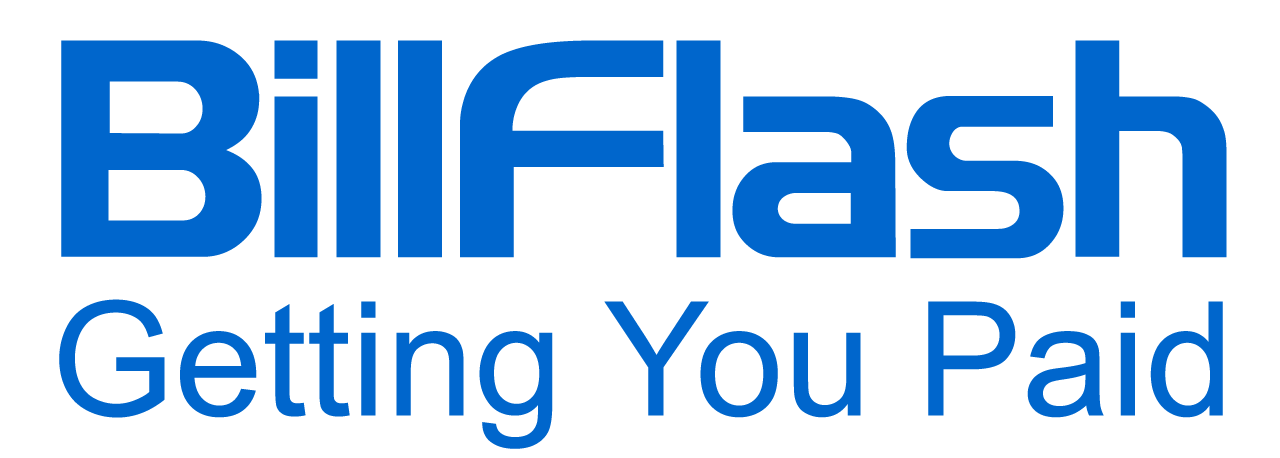Tips for excelling at medical billing as an independent healthcare practice
Running a small medical practice can be challenging, particularly when navigating the complexities of medical billing. Keeping up with regulations, dealing with denials and rejections, and managing payment collections can by time-consuming and overwhelming.
Billing errors, claim rejects, and confusion in what patients owe can lead to lost revenue, decreased patient satisfaction, and potential legal issues. However, you can effectively navigate medical billing and improve your small medical practice’s financial stability with the right strategies and resources.
Below are four practical tips and strategies to help improve smaller medical practices' billing processes and revenue cycle management.
1. Utilizing Technology

Medical coding technology utilizes software called encoders to assist smaller practices with assigning numeric and alphanumeric codes to diseases and treatments. An encoder provides associated codes after a user input diagnosis or procedure text into the system.
Medical billing software can automate the tracking and integration of accounting functions like accounts payable and receivable. It also ensures medical billing revenue growth by notifying patients of their financial obligation sooner, reducing the turnaround time for repayment to healthcare providers.
Other medical billing technologies include electronic health records (EHRs) and online patient portals. EHRs are real-time, patient-centered records used by healthcare providers, while patient portals are online tools to help your patients keep track of their visits, test results, prescriptions, and billing.
2. Establishing Clear Billing Policies and Procedures
It's also critical to establish clear billing policies and procedures, such as how and when you expect patients to pay for medical services.
A clear medical billing policy should cover all the basics, including:
- Registering patients
- Establishing financial responsibility for visits
- Patient check-in and check-out procedures
- Checking for proper coding and billing compliance
- Preparing and transmitting medical claims
- Monitoring payer adjudication
- Generating statements and bills
- Assigning patient payments and handling collections
It's also essential to establish whether to use professional or institutional billing. The former involves medical coding, while institutional or hospital claims involve medical billing.
Medical coding is the extraction of billable information from medical records and clinical documentation. In contrast, medical billing uses those codes to create bills and insurance claims for patients. The two intersect to form the healthcare revenue cycle.
Medical practices must offer multiple payment options and much-needed financial counseling services to improve collections and reduce patient confusion. It also helps prevent patient churn and increase patient satisfaction.
3. Healthcare Regulations in Medical Billing

Healthcare practices must stay compliant, updated, and informed on all government regulations affecting their operations. However, the burden of staying compliant is often time-consuming for smaller practices.
Therefore, many employ a comprehensive compliance program to avoid costly mistakes and prevent hefty fines and other penalties.
Some of the regulations healthcare practices must comply with include:
- Health Insurance Portability and Accountability Act (HIPAA): This federal law sets the standards for protecting the privacy of patient information and establishes the boundaries on the release, use, and deletion of health records. HIPAA also includes civil and criminal penalties for violations.
- Stark Law: This physician self-referral law prohibits the referral of patients by physicians to receive health services payable by Medicaid or Medicare to benefit the physician or an immediate family member financially.
- Anti-Kickback Statute: This federal statute prohibits the exchange of anything valuable for the referral of business reimbursable by health care programs.
- False Claims Act: This law makes it illegal for healthcare providers to knowingly submit false or fraudulent claims for government healthcare programs.
- Affordable Care Act (ACA): This law includes provisions that regulate healthcare billing and insurance practices, such as requiring healthcare providers to implement electronic health records (EHRs) and prohibiting insurance companies from denying coverage based on pre-existing conditions.
- Centers for Medicare and Medicaid Services (CMS) regulations: CMS regulates the billing practices of healthcare providers participating in federal healthcare programs, such as Medicare and Medicaid.
- Fair Debt Collection Practices: This act prohibits abusive, deceptive, or unfair debt collection practices. Therefore, medical billing companies and healthcare practices must not threaten or harass patients when collecting money following denied insurance claims.
You can take several steps to ensure compliance with these regulations, including adequately documenting all patient encounters and maintaining patient privacy. Implementing strict security measures, such as password protection and data encryption can safeguard against data breaches. By staying up to date with changing regulations and following best practices, you can ensure you are compliant and avoid any potential penalties or legal issues.
4. Outsourcing Medical Billing Services

For many small practices, managing the billing process is resource- and time-consuming. Over time, it becomes harder to manage the complexities involved, such as the ever-changing payer reimbursement policies or coding guidelines.
While many owners of small medical practices initially opt to handle medical billing and coding internally to maintain greater control over revenue, many eventually acknowledge the importance of specialized knowledge and services to ensure continued medical billing revenue growth.
Apart from submitting claims, you must verify medical necessity and ensure all claims have the proper support documentation.
Without the proper skill, resources, and oversight of a professional billing service provider or expert, smaller practices can face several issues, such as cash flow interruptions, strained productivity due to mounting denials, and the need to work with multiple, complex IT management systems.
Since smaller medical practices have fewer resources than larger and established healthcare providers, many rely on medical billing services to increase revenue, reduce operating costs, streamline payments and processing, and improve billing accuracy.
Outsourcing medical billing operations to a third-party billing service or RCM provider ensures smaller practices can operate their revenue cycles smoothly by managing medical claims, from processing the necessary information to following up on approved or denied claims. Some benefits of outsourcing medical billing services include the following:
- Improved accuracy due to the automation of services.
- Streamlining claim management to ease the burden on staff.
- Reduced denials and rejections.
- Improved efficiency by leveraging the technology and expertise of a specialized billing service provider.
- Additional bandwidth allowing healthcare personnel to focus on patient care.
Navigate Medical Billing with BillFlash
BillFlash, a NexTrust service, is a top RCM service provider who can help practices of any size more effectively manage their revenue cycle. BillFlash provides RCM, billing, payment, and collection services to get its customers paid and ensure sustainable medical billing revenue growth.
By following a structured medical billing process and working with reputable RCM service providers such as BillFlash, healthcare practices can improve their billing and RCM processes and maximize revenue. Additionally, using a cloud-based billing service like BillFlash makes data available anywhere, anytime.
If you want the best revenue cycle management services for your small practice, consider using BillFlash. Our team of experts manages every aspect of your patient billing revenue and insurance, leaving you to focus on providing top-quality patient care. Schedule a demo today.

